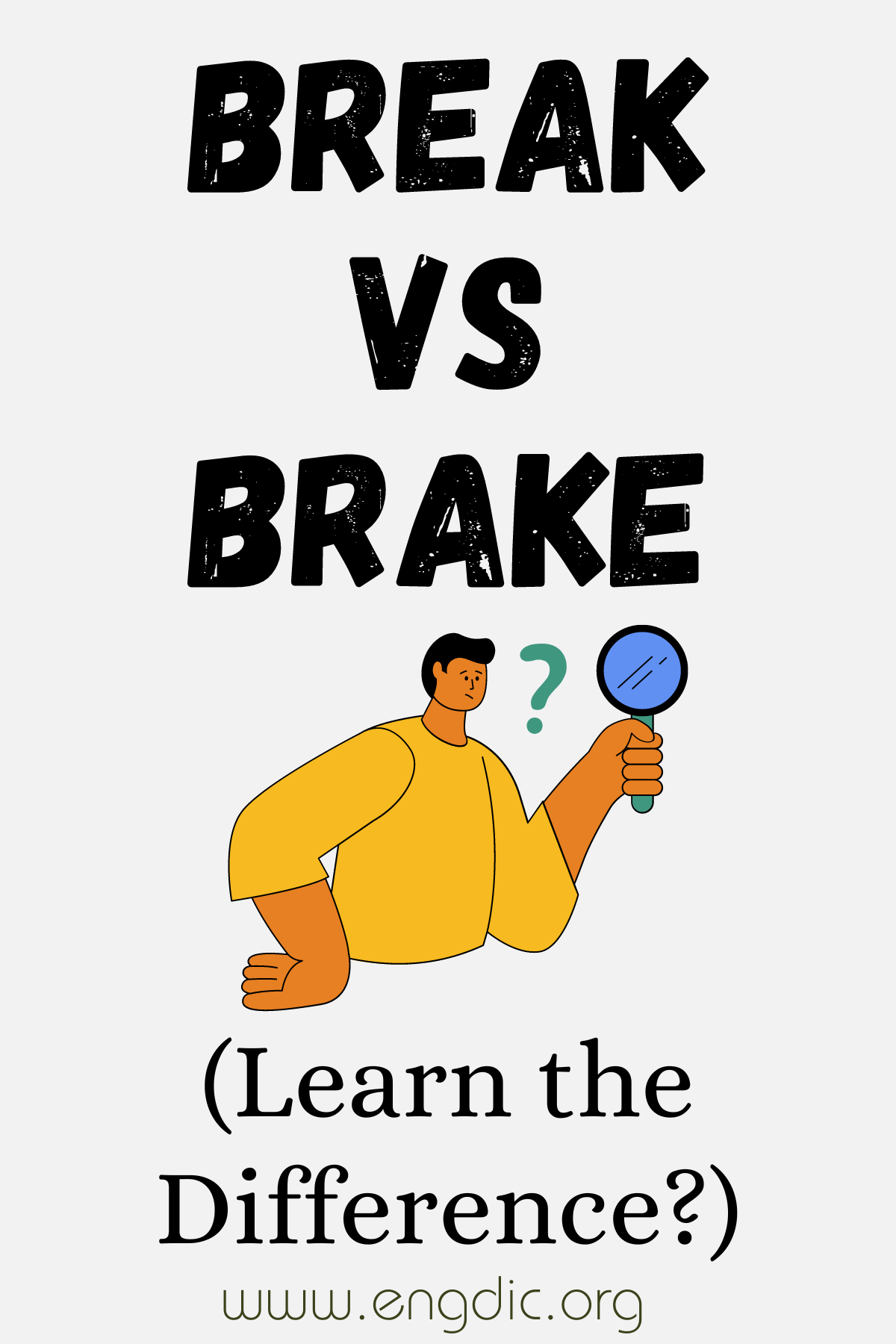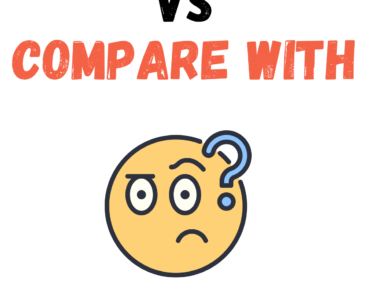Both “break” and “brake” are pronounced similarly but have different meanings and functions in the English language.
- “Break” is typically used as a verb meaning to separate into pieces, interrupt, or take a pause.
- On the other hand, “brake” refers to a device used to slow or stop movement, most commonly associated with vehicles.
Understanding these distinctions is vital to using the words correctly in writing and conversation.
Break
Definition:
- As a verb: To separate into parts or pieces, interrupt or discontinue an action, or pause from work.
- As a noun: A pause in work or an interruption in continuity.
Usage:
- Physical Separation: “She accidentally broke the vase.”
- Pause: “We will take a short break during the meeting.”
- Interrupt: “The alarm broke the silence of the night.”
- Opportunity: “His big break in acting came when he was cast in a major film.”
Brake
Definition:
- As a noun: A device used to slow down or stop a vehicle.
- As a verb: To use such a device to reduce speed or stop.
Usage:
- Vehicle Safety Device: “The car’s brake system needs to be checked regularly.”
- Action of Slowing Down: “You should brake gradually on icy roads.”
- Metaphorical Usage: “She had to brake her enthusiasm to prevent overwhelming her team.”
Understanding the nuances between “break” and “brake” helps ensure that your communication is clear and accurate.







